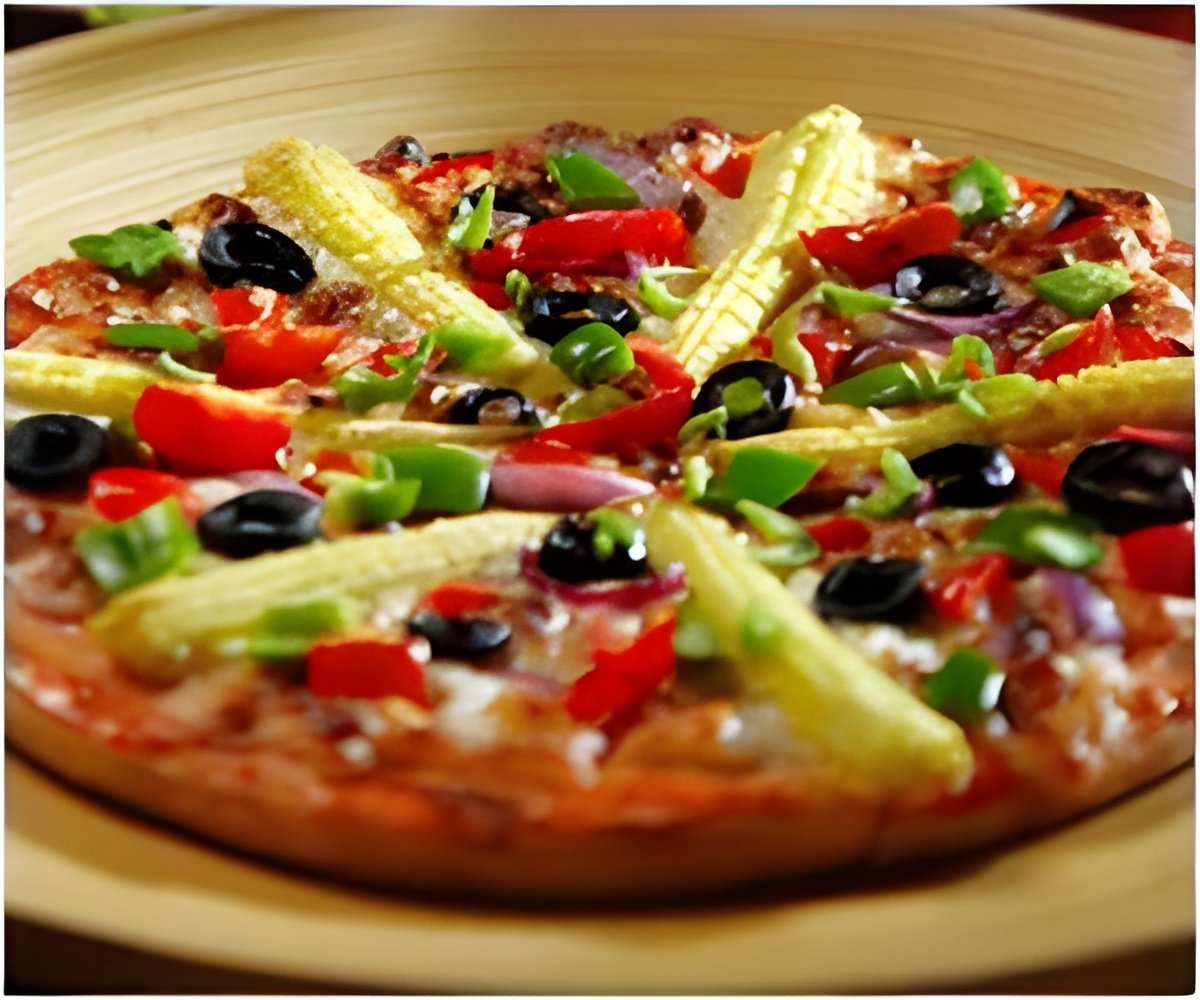Food has become too cheap in the developed world, spurring increased consumer waste says a top official at Unilever, the world's second-biggest consumer goods company.

"Places that offer food for lunch - chilled, day-fresh [food] - have made incredible growth, but the result is a lot of food is wasted. A big factor in why we waste so much food is that food has become too cheap. If it weren't, we wouldn't waste so much of it," The Telegraph quoted Kees Vis, as saying.
According to the paper, recent figures have showed that an average British family throws away food worth 680 pounds each year.
According to WRAP, the food waste group, Britons throw away 7.2 million tonnes of household waste each year, while around 4.4 million tonnes of this - equivalent to 60 per cent - is food that could have been eaten, the paper said.
The three main reasons why people throw away food is because it goes off too quickly, leftovers are not eaten, and too much food is prepared in the first place, a recent Unilever study noted.
"Food waste is a serious issue, increasingly so. Although the percentage of consumer income spent on food has fallen for decades, more recently there has been significant food inflation," Andy Dawe, WRAP's head of food and drink said.
Advertisement















